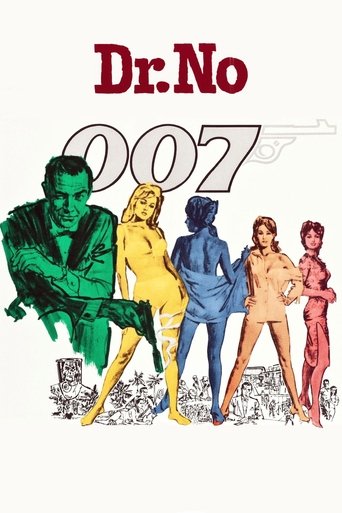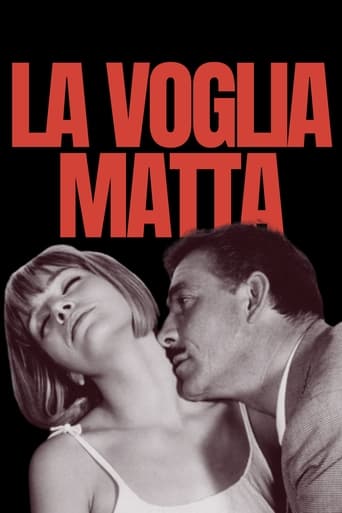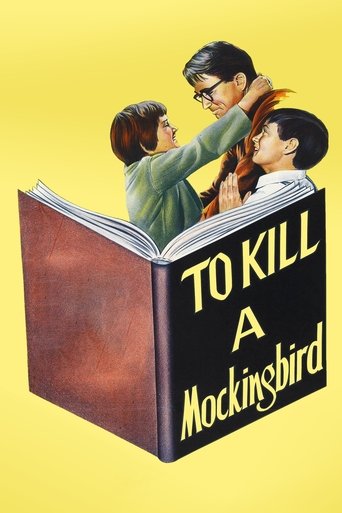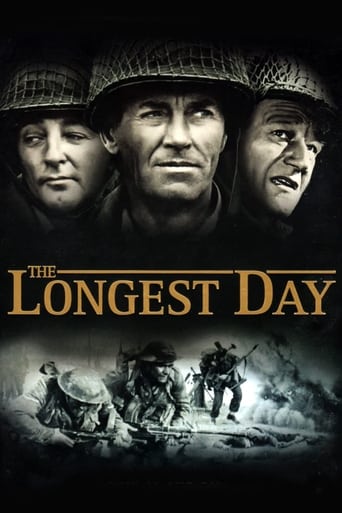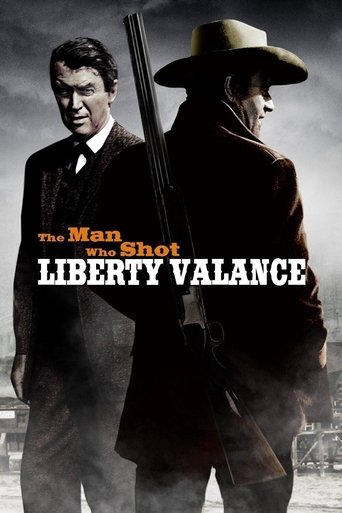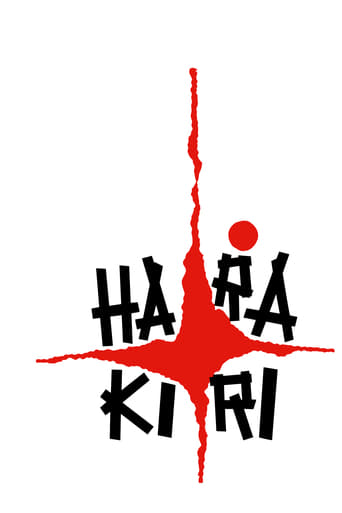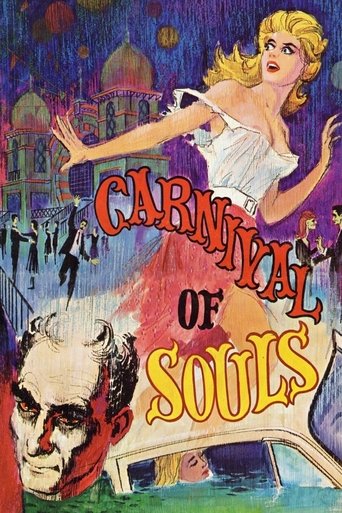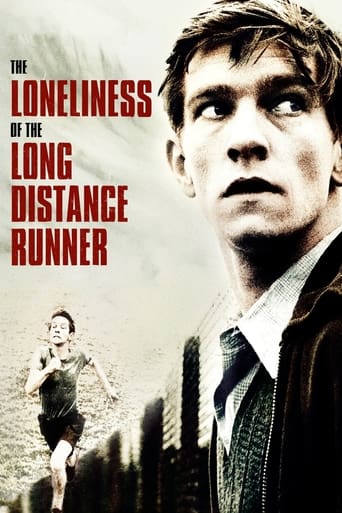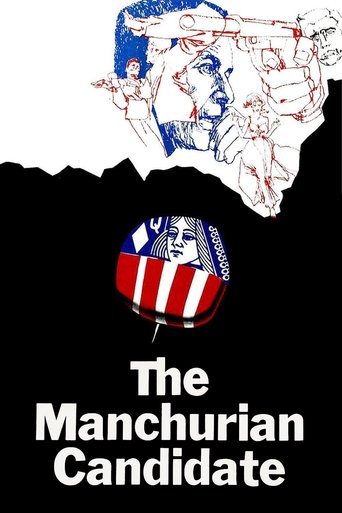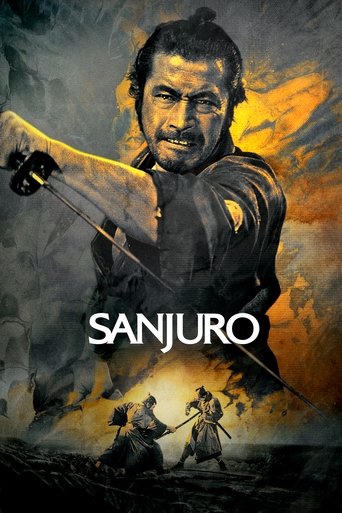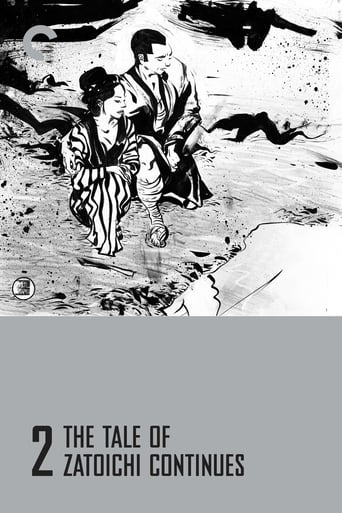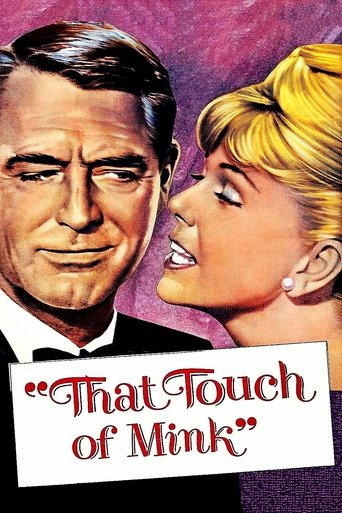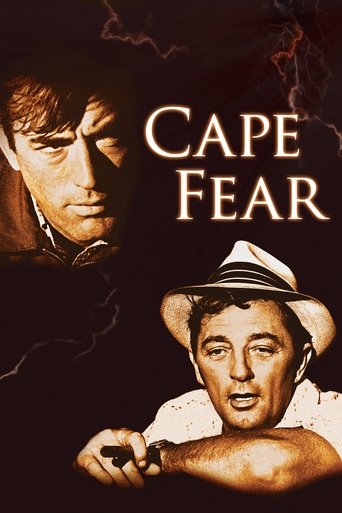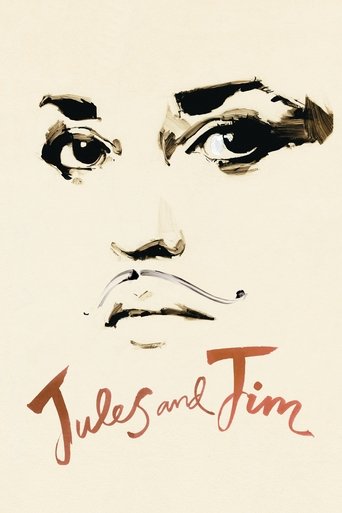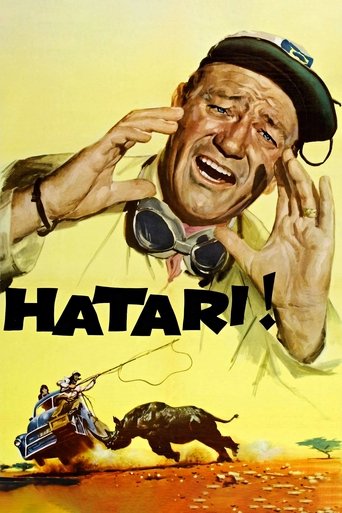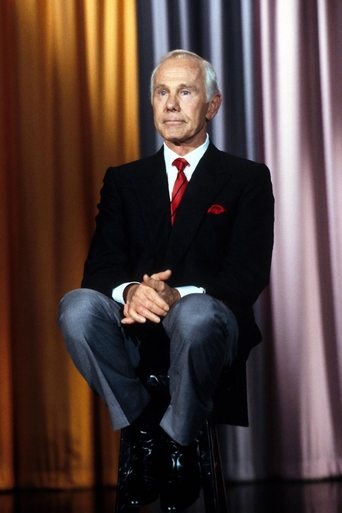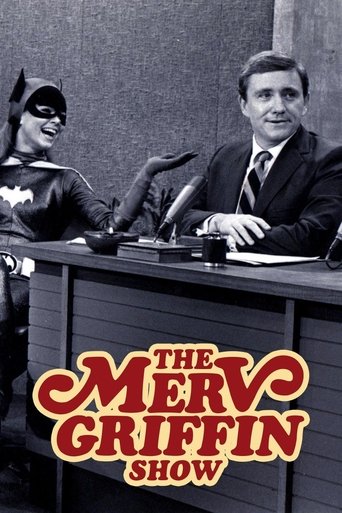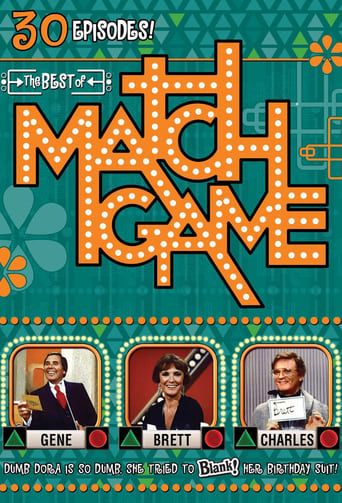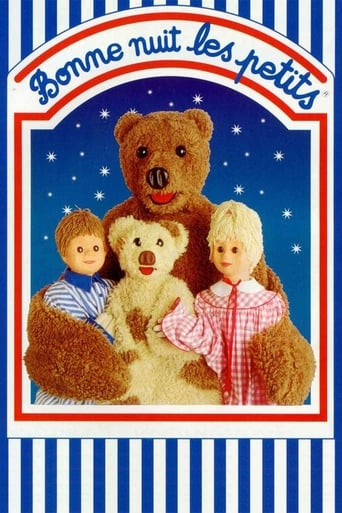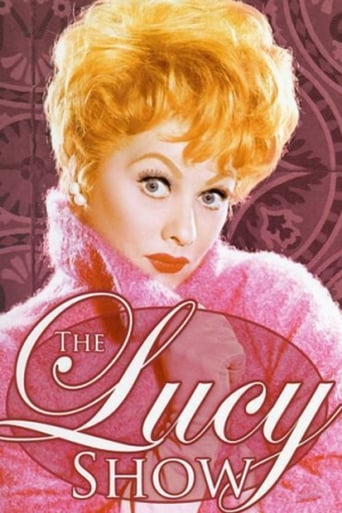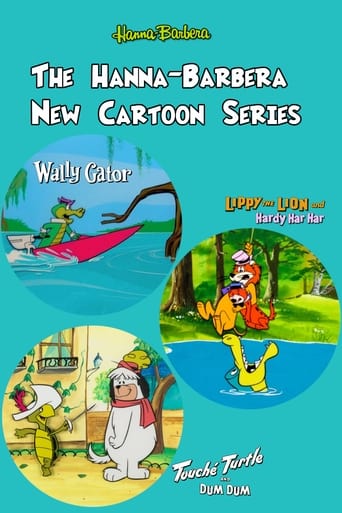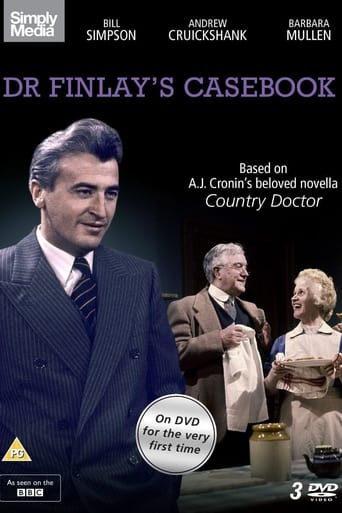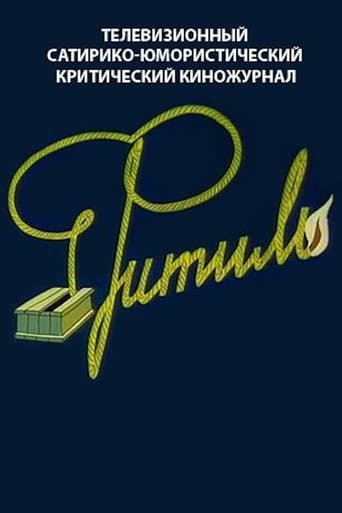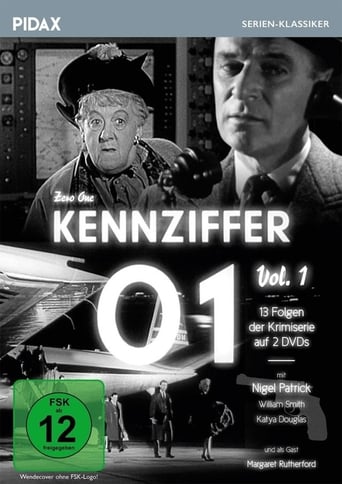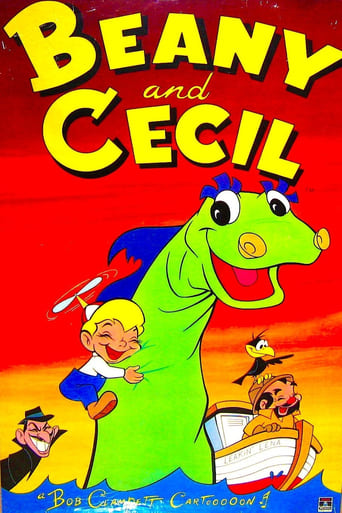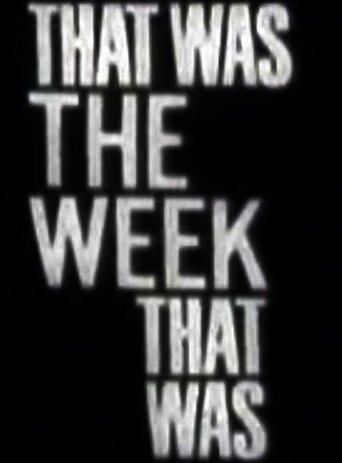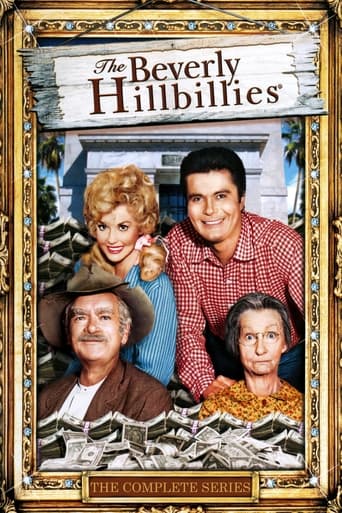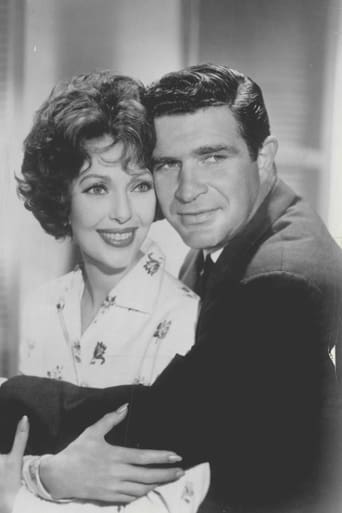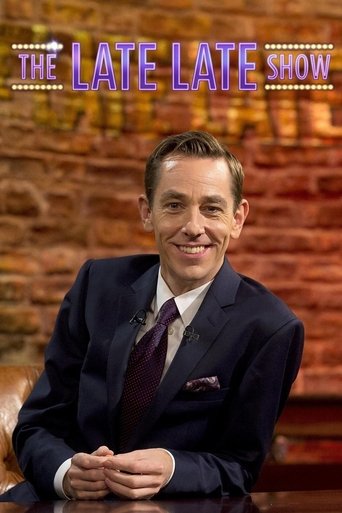Our Five Daughters is a daytime soap opera that ran on NBC from January 2, 1962, until September 28, 1962. The show was written by Leonard Stadd and directed by Paul Lammers, and aired for a half hour, five days a week, at 3:30 PM EST, right after Young Doctor Malone.
The show starred former silent film icon Esther Ralston, whose career had faded with the advent of sound in the late 1920s; she had lost most of her money and had been working as a sales clerk before finding some acting roles here and there. One of them was a brief appearance on the daytime courtroom drama The Verdict Is Yours. Verdict producer Eugene Burr liked what he saw and offered her the lead role in his new soap, Our Five Daughters.
Ralston played Helen Lee, mother of five daughters, whose husband Jim was critically injured in an accident. He became an invalid and the abrupt change caused havoc for his wife and children. The show did not gain a significant audience and was ended after several months, on the same day The Brighter Day ended its run.
Jacqueline Courtney, who played daughter Ann Lee, went on to much fame on other daytime shows such as The Edge of Night, Another World, and One Life to Live.
